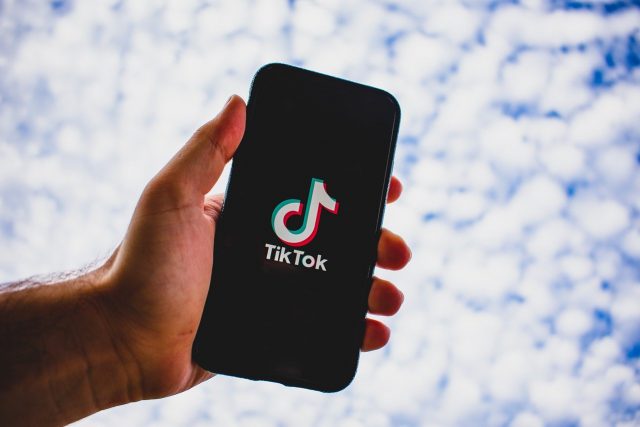
Washington, D.C. – In a move that has sparked debate and uncertainty, the U.S. House of Representatives has overwhelmingly passed a bill that could lead to a nationwide ban of the popular video-sharing app TikTok. The bill, titled the “Protecting Americans from Foreign Adversary Controlled Applications Act,” was approved by a vote of 352-65, reflecting bipartisan support for the legislation.
Security Concerns Fuel Legislation
Lawmakers who support the bill raise national security concerns regarding TikTok’s ownership by ByteDance, a Chinese technology company. They express anxieties that the Chinese government could potentially access user data or utilize the platform to disseminate propaganda. The House bill mandates that the app be removed from app stores if its Chinese parent company doesn’t divest its ownership stake in TikTok.
TikTok Denies Wrongdoing
TikTok has vehemently denied any allegations of data misuse or collaboration with the Chinese government. The company emphasizes that user data is stored outside of China and subject to rigorous security measures. TikTok representatives have also actively lobbied against the proposed ban, arguing that it would harm millions of American users and unfairly target a popular platform.
Uncertain Future for TikTok in the U.S.
While the House vote signifies a significant hurdle cleared for the legislation, the bill’s future remains uncertain. The measure now moves to the Senate, where its prospects are less clear. Analysts anticipate a potentially tougher battle for approval in the upper chamber.
Potential Impact on Users
If the bill ultimately becomes law and TikTok is forced to exit the U.S. market, it would undoubtedly have a significant impact on its American user base. With over 170 million active users in the United States, TikTok has become a prominent platform for entertainment, social interaction, and even career building for some content creators. A ban on the app would necessitate users to find alternative platforms for similar experiences.
Continuing Debate
The potential TikTok ban has ignited a national conversation on the balance between national security concerns and the freedom of technology companies to operate in the United States. The debate is likely to continue as the legislation progresses through the Senate and potentially faces further legal challenges.











